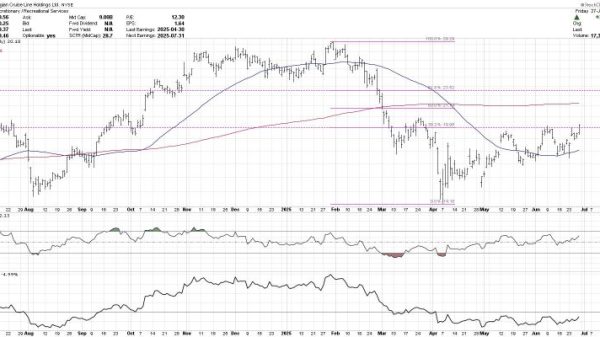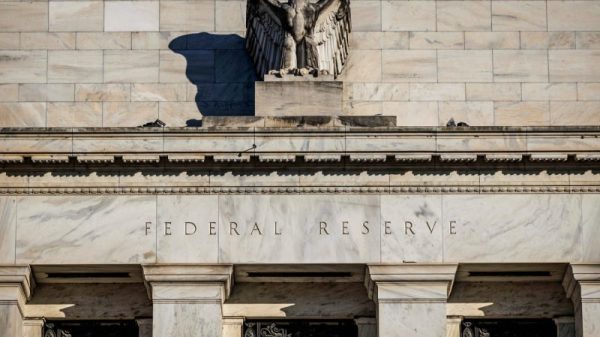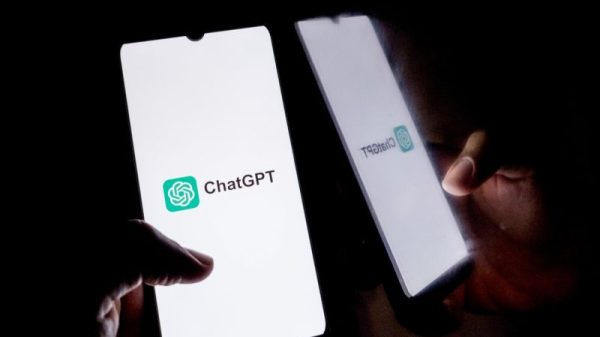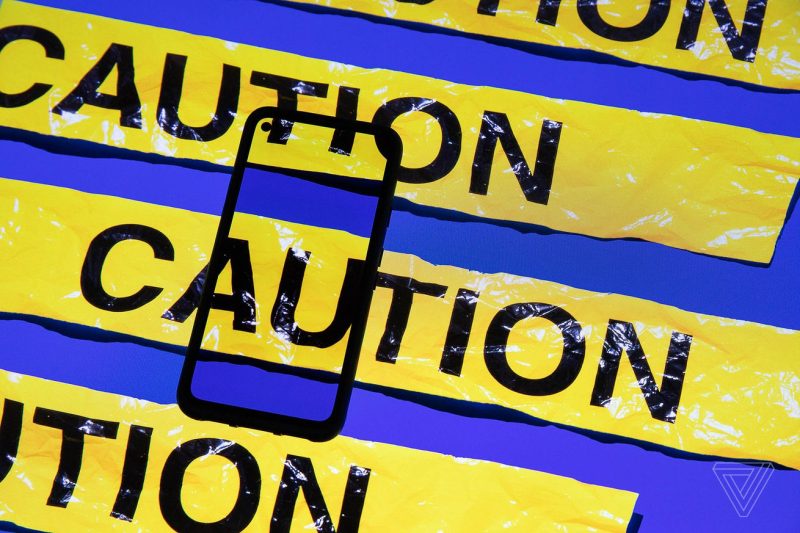The recent security breach at AT&T which led to the theft of sensitive customer data has raised serious concerns regarding the safety of personal information in the digital age. In a startling turn of events, it has been reported that AT&T reportedly paid a hacker $370,000 to delete the stolen data.
The incident highlights the growing threat of cyberattacks and the significant impact they can have on individuals and businesses alike. While AT&T’s decision to pay the hacker to delete the stolen data may have seemed like a quick fix to mitigate the damage, it raises several ethical and legal questions.
One of the primary concerns is the idea of rewarding criminal behavior. By giving in to the hacker’s demands, AT&T may have inadvertently incentivized further cyberattacks. This could set a dangerous precedent, encouraging other hackers to target companies in the hopes of receiving a payout in exchange for stolen data.
Moreover, the decision to pay off the hacker raises questions about transparency and accountability. Should companies be allowed to deal with hackers behind closed doors, without informing the affected customers or regulatory authorities? By keeping the incident under wraps and attempting to sweep it under the rug with a payment, AT&T may have compromised the trust of its customers and stakeholders.
Furthermore, the reported payment to the hacker brings up concerns about the company’s cybersecurity measures and incident response protocols. A breach of this magnitude should prompt a thorough investigation into how the hacker was able to access such sensitive data in the first place. AT&T must take the necessary steps to bolster its cybersecurity defenses and prevent future breaches from occurring.
In the age of digital transformation, data breaches have become an all too common occurrence. Companies must prioritize cybersecurity and invest in robust systems and protocols to safeguard their customers’ information. Simply paying off hackers to delete stolen data is not a sustainable solution and can have far-reaching consequences.
Moving forward, it is essential for companies like AT&T to be transparent about any data breaches, cooperate with law enforcement agencies, and take proactive measures to prevent future attacks. Cybersecurity is a shared responsibility, and all stakeholders must work together to protect personal information and uphold the integrity of digital systems.


































